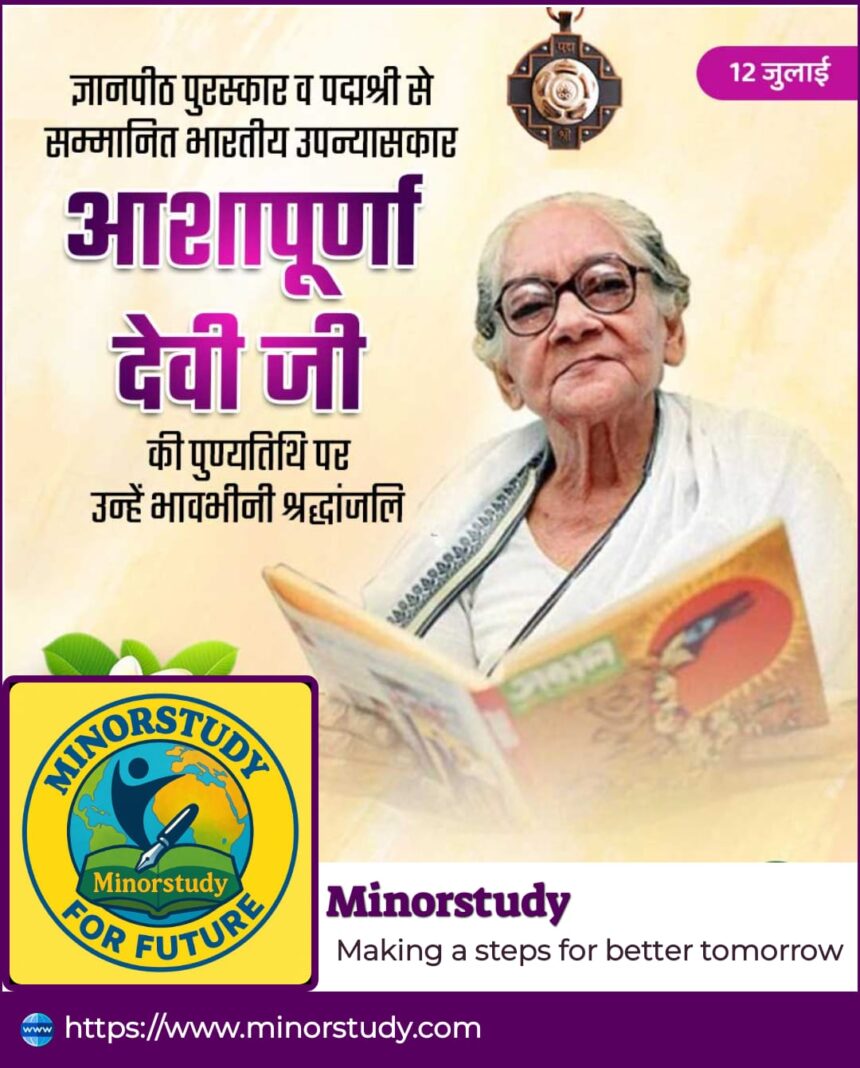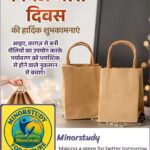📖 7 Timeless Lessons from Ashapurna Devi Powerful Literary Legacy That Still Inspire Generations
In the rich tapestry of Indian literature, Ashapurna Devi shines as one of the most compelling voices of the 20th century. Her words transcended pages and echoed across generations, challenging patriarchal norms, voicing women’s silences, and painting bold, honest portrayals of Bengali middle-class life.
- 🧬 Who Was Ashapurna Devi?
- 📌 Key Facts About Ashapurna Devi
- 🧾 Timeline: Milestones of Her Life
- 📖 Her Most Influential Works
- 1. Pratham Pratisruti (The First Promise)
- 2. Subarnolata
- 3. Bakul Katha
- 4. Chhoto Thakurdar Kashi Yatra (Children’s Literature)
- 🌺 Significance of Ashapurna Devi in Literature and Society
- 🙏 Wishing and Remembering Ashapurna Devi
- 🔍 Frequently Asked Questions (FAQs)
- Q1: Why is Ashapurna Devi called a feminist writer?
- Q2: What awards did she receive?
- Q3: Did Ashapurna Devi have formal education?
- Q4: What made her writing unique?
- Q5: Can children read her books?
- 💡 Important Points to Remember
- 🌼 Daily Life Impact of Ashapurna Devi Teachings
- 🕊️ Ashapurna Devi Contribution to Society
- 🔚 Conclusion: A Legacy That Lives Beyond Pages
A master storyteller, Ashapurna Devi’s life was not just about writing—it was about awakening, resistance, and empathy. Her legacy continues to live on in our collective consciousness, offering not only literary brilliance but also deep moral and social lessons.
🧬 Who Was Ashapurna Devi?
Full Name: Ashapurna Debi (née Gupta)
Born: January 8, 1909, Kolkata, West Bengal, India
Died: July 13, 1995
Profession: Novelist, short story writer, poet
Primary Language: Bengali
Key Themes: Women’s rights, gender roles, family dynamics, societal injustice
Ashapurna Devi was largely self-educated, having never attended a formal school due to the conservative customs of the time. Yet, she developed a love for literature early on, reading and writing secretly at home—an act of quiet rebellion that would later become the defining spirit of her work.
📌 Key Facts About Ashapurna Devi
| 🔹 Fact | 🔍 Detail |
|---|---|
| 📚 Debut Writing | Poem at age 13 in Sishu Sathi magazine |
| 🖋️ Major Work | Pratham Pratisruti (The First Promise) |
| 📖 Total Publications | Over 200 novels, 3000+ short stories |
| 🏆 Awards | Jnanpith Award, Padma Shri, Sahitya Akademi Award |
| 🌍 Legacy | Feminist icon of Bengali and Indian literature |
🧾 Timeline: Milestones of Her Life
| Year | Event |
|---|---|
| 1909 | Born in North Kolkata to a traditional Bengali family |
| 1924 | Published first poem at age 15 |
| 1936 | First novel Prem O Proyojon published |
| 1964 | Pratham Pratisruti wins Rabindra Puraskar |
| 1976 | Becomes the first woman to win Jnanpith Award |
| 1994 | Awarded Deshikottama, Visva Bharati University |
| 1995 | Passed away in Kolkata at age 86 |
📖 Her Most Influential Works
1. Pratham Pratisruti (The First Promise)
A powerful narrative on a woman’s struggle for education and identity in colonial Bengal. This novel is widely regarded as her masterpiece.
2. Subarnolata
A sequel to Pratham Pratisruti, exploring the life of a daughter shaped by her mother’s legacy yet facing societal restraints.
3. Bakul Katha
The final book in her iconic trilogy. A story of a modern, educated woman choosing individuality over tradition.
4. Chhoto Thakurdar Kashi Yatra (Children’s Literature)
An evergreen piece that reflects her soft, nurturing voice for young readers.
🌺 Significance of Ashapurna Devi in Literature and Society
Ashapurna Devi’s impact lies not just in her prolific output, but in her courage to speak truths many feared to say:
Gave Voice to the Voiceless: Her protagonists were often ordinary women, yet their inner worlds and silent struggles were painted with extraordinary insight.
Cultural Reflection: Through her characters, she portrayed societal contradictions—where modernity clashed with patriarchy.
Feminist Forerunner: Long before feminism became an academic discipline in India, Ashapurna Devi practiced it in her pen.
Bridge between Generations: Her trilogy (Pratham Pratisruti, Subarnolata, Bakul Katha) became a multi-generational dialogue about womanhood, resistance, and identity.
🙏 Wishing and Remembering Ashapurna Devi
🪔 “May your words continue to light paths for women who seek dignity, identity, and freedom.”
🌸 “Saluting Ashapurna Devi Ji—your courage made quiet revolutions possible in every Indian home.”
Her birthday, January 8, is celebrated among Bengali literary circles as a day to reflect on social awakening through art.
🔍 Frequently Asked Questions (FAQs)
Q1: Why is Ashapurna Devi called a feminist writer?
Because she fearlessly questioned patriarchy and depicted women’s agency, long before it was fashionable or safe to do so.
Q2: What awards did she receive?
She received Jnanpith Award (1976), Padma Shri (1976), Sahitya Akademi Award, Deshikottama, and several Bangla Academy honors.
Q3: Did Ashapurna Devi have formal education?
No. Due to social customs, she was not allowed to go to school, but she educated herself through books and introspection.
Q4: What made her writing unique?
Her stories had everyday women at the center, but she explored their psychological and emotional depth with nuance and empathy.
Q5: Can children read her books?
Yes, she also wrote children’s literature. Some stories like Chhoto Thakurdar Kashi Yatra are perfect for young minds.
💡 Important Points to Remember
First woman to win Jnanpith Award for Bengali literature.
Her works challenged social injustice, domestic oppression, and women’s silencing.
Wrote across genres: novels, short stories, poetry, and children’s books.
Her trilogy is a must-read for every feminist thinker in India.
Stood as a lighthouse for self-education and self-expression.
🌼 Daily Life Impact of Ashapurna Devi Teachings
In today’s world, where women still struggle for equal rights, Ashapurna Devi’s stories remain startlingly relevant:
Encourage young girls to question, to dream, and to challenge norms.
Inspire mothers to pass on strength, not silence.
Help men understand the internal world of women with empathy.
Motivate writers to use their pen for social change.
Remind us that education is not a privilege—it is a birthright.
🕊️ Ashapurna Devi Contribution to Society
Her literature wasn’t just art—it was social reform in disguise. Through fiction, she:
Fought gender inequality.
Promoted self-worth in women.
Brought Bengali women’s experiences to the forefront.
Laid the groundwork for future feminist and sociopolitical narratives.
Created safe emotional spaces for readers to reflect on their lives.
🔚 Conclusion: A Legacy That Lives Beyond Pages
Ashapurna Devi life is a testament to the quiet revolution. A girl who was denied school became the woman whose words educated generations.
She showed us that real change doesn’t always roar—it whispers from the hearts of storytellers. In her stories, women broke walls, not with force, but with questions, tears, and strength.
Let her life remind us that when the world denies you voice, your pen can still speak.
Let every reader who flips through her pages feel her courage, clarity, and compassion.








